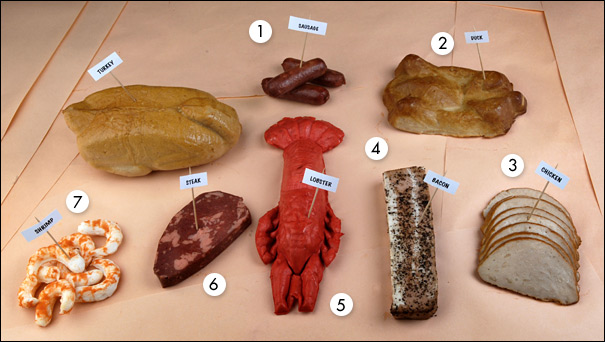Mofra
Moderator
- Dec 6, 2005
- 67,099
- 198,389
- AFL Club
- Western Bulldogs
- Other Teams
- Footscray, Coney Island Warriors
- Moderator
- #2,226
I'm the same - I know others are completely different. I'm not going to "SMH" or talk someone down just because they may have a different preference.But will agree you need to do what you feel gives you best results, but i always try different things. One big one for me is not eating in the mornings before a work out, most people would say not to exercises on an empty stomach but for me i take a prework out with some drinkable carbs and i am fine. But have tried eating breakfast before a workout and unless i get up and hour earlier than i need to, i just dont have enough time to fully digest a meal before a work out. Squatting with a full belly is not comfortable at all.





